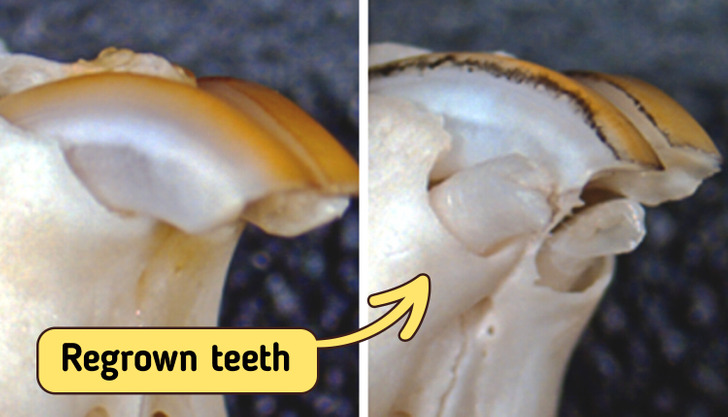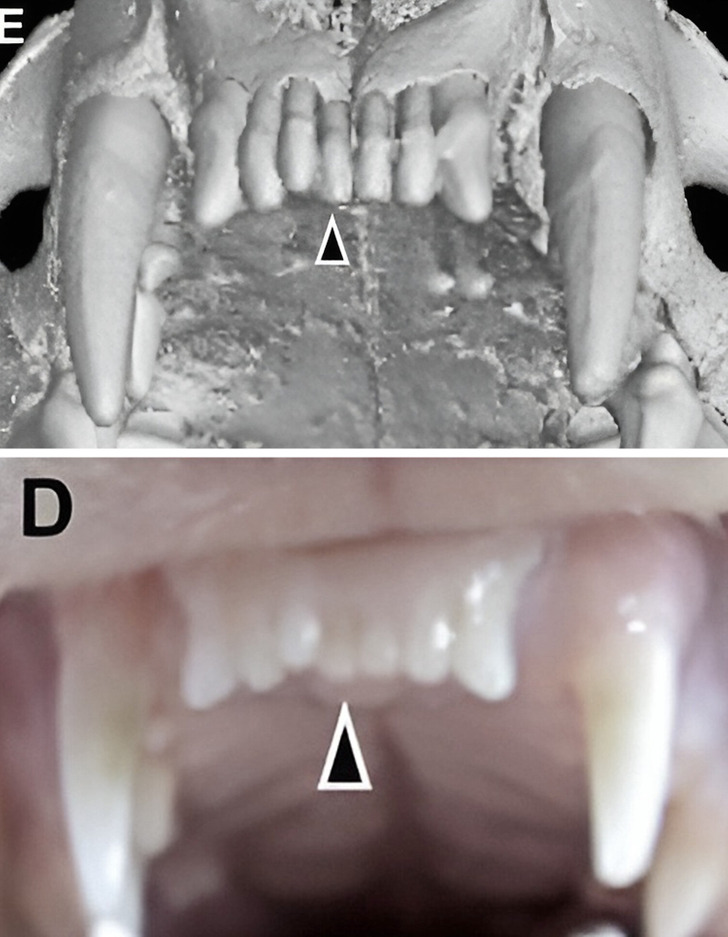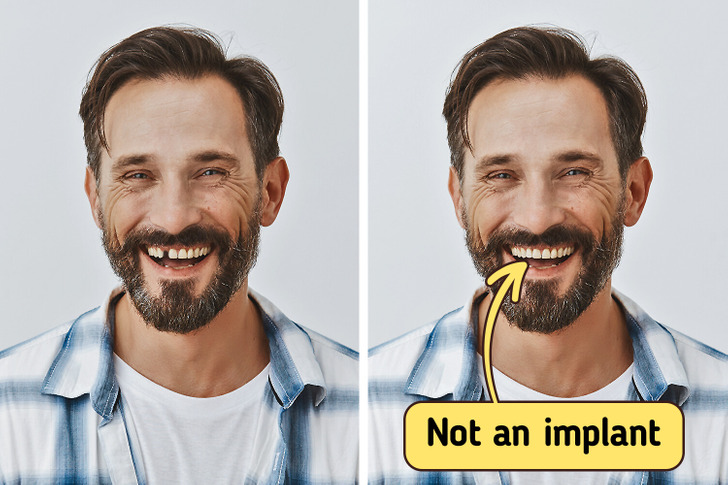The tooth fairy is a welcome guest for any child who has lost a tooth. Not only will the fairy leave a small gift under the child’s pillow, but they be assured of a replacement tooth in a few months. Unfortunately, the scenario is quite different for adults grappling with a loss of teeth. Luckily, there may be some hope thanks to a new study performed by scientists at Kyoto University and the University of Fukui.
A dental breakthrough
While the typical adult mouth houses 32 teeth, approximately 1% of the population exhibits variations of them, either possessing more or fewer teeth due to congenital conditions. Researchers have delved into the genetic factors behind cases of excessive teeth, seeking valuable insights into the potential regeneration of teeth in adults. This study is the first to show that monoclonal antibodies can help regrow teeth. It suggests a new way to treat a dental problem that currently requires implants and other artificial solutions.
A bit of science
The research team disclosed that an antibody targeting a specific gene, known as uterine sensitization-associated gene-1 (USAG-1), can induce tooth development in mice affected by tooth agenesis, a congenital condition. The findings were published in the journal, Science Advances.
As per Katsu Takahashi, a senior lecturer at the Kyoto University Graduate School of Medicine and one of the principal contributors to the study, the essential molecules crucial for the development of teeth have already been pinpointed. “The morphogenesis of individual teeth depends on the interactions of several molecules including BMP, or bone morphogenetic protein, and Wnt signaling,” says Takahashi.

On April 13, 2021, the University of Kyoto posted its first pic of newly-grown teeth in mice.
BMP and Wnt are involved in more than just tooth development; they affect the growth of organs and tissues early in the body’s development. Because drugs affecting them directly might have broad side effects, scientists are cautious. To find a potentially safer method, researchers focused on the gene USAG-1, thinking that aiming at factors countering BMP and Wnt specifically in tooth development could be more precise.
“We knew that suppressing USAG-1 benefits tooth growth. What we did not know was whether it would be enough,” added Takahashi.
The first results
Scientists looked at how different monoclonal antibodies affect USAG-1. Monoclonal antibodies are often used to treat things like cancer and arthritis and for making vaccines. Tests with this antibody showed that BMP signaling is crucial for deciding the number of teeth in mice. Also, just one treatment was enough to grow a whole tooth. Further tests confirmed these positive results in ferrets too.
“Ferrets are diphyodont animals with similar dental patterns to humans. Our next plan is to test the antibodies on other animals, such as pigs and dogs,” explained Takahashi.

Fully regrown frontal teeth in ferrets
The next steps

Now, scientists are going to test the drug on healthy adults. If that goes well, the team plans to try it on kids aged 2 to 6 with a rare tooth problem called anodontia, a genetic disorder defined as the absence of all teeth. These kids will get one shot of the drug to see if it makes their teeth grow. If everything works out, the medicine might be approved by 2030.
Takahashi sees the new medicine as an additional choice for individuals who are missing some or all of their teeth.
“The idea of growing new teeth is every dentist’s dream,” Takahashi told the Japanese newspaper, The Mainichi in June this year. “I’ve been working on this since I was a graduate student. I was confident I’d be able to make it happen.”
So hopefully, by the year 2030, humans will get a chance to have their third generation of teeth grown and say goodbye to implants. Until then, make sure to keep your teeth strong and healthy — this article will help you with that.
Preview photo credit KyotoU_News / Twitter
Woman buys homeless man food and stays with him – he then gives her a note and she realizes the truth.

I recently came over a sociological experiment where a female was left by alone by the sidewalk while she was dressed properly. When most people noticed her, they took the time to stop and inquire about her parents’ whereabouts and whether she needed assistance. Now, the same girl was left standing in the same spot, her garments soiled and tattered. Many individuals went past her, but none of them seemed to pay any attention. And those who did looked on with bitterness.
This is today’s depressing reality. It begs the question, “When did this world turn into a place where egotistical people only consider other people’s appearances?” Or, why is a rich person’s life more valuable than a poor person’s?
Fortunately, we encounter someone along the road who demonstrates that not everyone has lost the capacity to feel sympathy for those who are less fortunate, which gives us hope that all is not lost.
When Casey Fischer noticed a homeless man on the side of the road gathering change, she decided to stop by Dunkin’ Donuts for coffee during her break from courses. Then he went inside, thinking he would buy something to eat.
Fisher could see that the man had barely made $1 in change in his hand as she drew nearer. Then she invited him to join her at her table and offered to pay for his bagel and coffee.
The man identified himself as Chris and told Fischer that the only reason he was frequently treated poorly was that he was homeless.
He acknowledged that his drug misuse made him into the person he detested. Being the person his late mother would have been proud of was basically all he wanted out of life. yet in some way was unable to do so.
Fischer told Chris she was happy to meet him and said she had to leave since it was time for her to return to class. The man, however, motioned for her to wait a moment, got a piece of crumpled paper, scrawled something on it, and gave it to his new friend.
When Fischer opened the note, she was taken aback. She had no idea that her actions would have such a profound impact on the homeless man. This meeting meant far more to him than simply catching up over coffee and bagels. Something in him altered as a result.
The note said, “I wanted to kill myself today.” I no longer do as a result of you. I’m grateful, lovely individual.
We also like to thank this beautiful girl. This world needs you to make the necessary changes in order to continue.
Please tell your friends and family about this article.



Leave a Reply